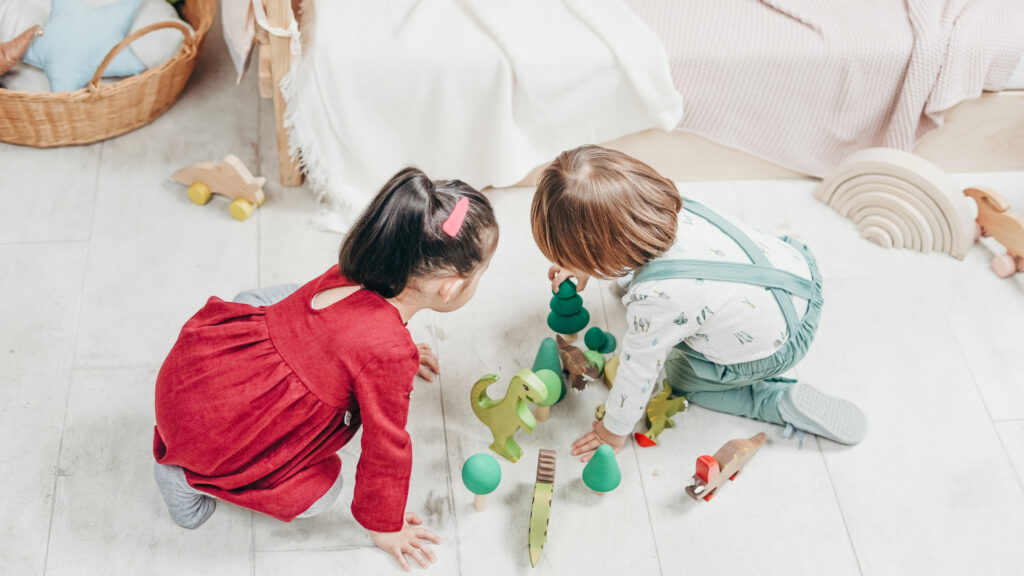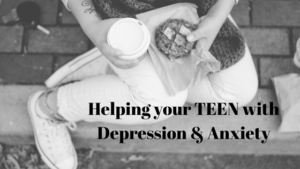Ways Play Therapy Can Help Your Child With ADHD
ADHD stands for Attention Deficit Hyperactive Disorder. ADHD is a behavior disorder that as a parent you can typically observe in your child. This is a mental health diagnosis that is commonly seen in kids and teens. As a parent, you may have strong thoughts connected to feeling that your child has ADHD.
One of the main reasons that parents reach out to our office for play therapy is due to what is taking place at home or at school. Kids that struggle with ADHD may have a challenging time recognizing the connection between ADHD and their behaviors. In addition, parents may struggle to understand that many of the behaviors are not manipulative or malicious. Simply they are symptoms that relate to ADHD.
Working with a play therapist can provide your child with a therapeutic environment that addresses the very symptoms found in ADHD. A common symptom of ADHD is fidgety behavior. You may notice that your child has a difficult time sitting still even after you try to give them direction. A play therapist can support your child by teaching them how to recognize their physical movement and practice healthy coping skills to build calmness and increase concentration.
Common symptoms of ADHD in kids?
- Your child may have a difficult time sitting still.
- Problems focusing on one task.
- Going from one task to another without finishing them.
- Struggling to complete large tasks and at times feeling overwhelmed with a large task compared to a small one.
- Fidgety and restless behavior.
- Excessive talking and having a hard time displaying patience.
Keyways to identify if your child may have ADHD
There are three main categories that connect to ADHD include hyperactivity, inattention, and impulsivity.
- Hyperactivity.
- Inattention.
- Impulsivity.
Hyperactivity and ADHD in kids.
- You may notice that they are restless when sitting down.
- Your child may have a hard time keeping their hands still.
- Waiting patiently waiting in line can be difficult for your child.
- During dinner, your child may struggle to finish their meal in one position.
- During early childhood development. Such as the toddler period, your child may have displayed restlessness by moving their arms and legs often. A nice swaddle would give them calmness.
Inattention and ADHD in kids.
- As their parent, you may notice that during a conversation, they go in and out. Such as displaying attention and then shifting their focus to something else.
- Your child may have a hard time finishing a movie without getting distracted. Such as watching the movie and randomly getting up to do varying task that pulls their attention.
Impulsivity and ADHD in kids.
- Your child may struggle with waiting their turn during conversations. This is seen in the behavior of interrupting others.
- You may notice that your child blurts out answers.
- During board games or situations that require patience. Your child may struggle with waiting.
- Your child may display risk-taking behavior. This behavior can vary depending on age. It is often connected to the struggle to think before acting.
Ways Play Therapy Can Help Your Child With ADHD
Play therapy can be a helpful therapeutic strategy that supports your child with addressing ADHD symptoms. The play therapist can provide your child with education to learn the symptoms of ADHD, how ADHD impacts their thinking and behaviors, and healthy coping skills to manage ADHD in their life.
Play therapy can help your child with hyperactivity.
You may seek a play therapist to support your child with staying on task and sitting still. The lay therapist can create an environment in the counseling office that provides your child with the opportunity to role-play and go through actual activities that take place in their life. This therapeutic practice can help your child to recognize when hyperactivity takes place, process the behaviors and feelings connected to it, and use coping skills.
Play therapy can teach your child to recognize and manage impulsivity.
Play therapy can provide your child with the tools to reduce impulsivity. The play therapist can support your child by working on common situations that which they display impulsive-like behaviors using tools found in play therapy. A common example of this is seen in your child using toys or puppets to share their experience that showcases when impulsivity takes place. The play therapist uses the space to observe and guide your child to utilize tools that build recognition of impulsivity and strategies that help with increasing the action of thinking before acting.
Play therapy can give your child tools to improve attention and focus.
You may notice that your child struggles with attention and focus. This is a common symptom found in ADHD. As a parent, you may have experienced worry over your child’s future and ability to show up in spaces like school or recreational activities. Play therapy can provide your child with tools that give them the opportunity to develop the very sill of attention. One common play therapy strategy is mindfulness. To read more on mindfulness check out the links below.
Common questions that parents ask play therapists about ADHD and their child. Typically, when parents seek to play therapy to support their child with ADHD, they have a list of great questions. I always find it helpful to hold space with the parents of my clients in order to address questions and ensure that everyone is on the same page.
Questions parents ask counselors about ADHD
- Why can’t my child stay still?
- Why does my child have ADHD?
- Why does my child misbehave?
- What can my child do to control ADHD?
Are you ready to start counseling? Reach out to our office today by emailing admin@santoscounseling.com or calling us directly 336-663-6570. You can also complete the form below.





